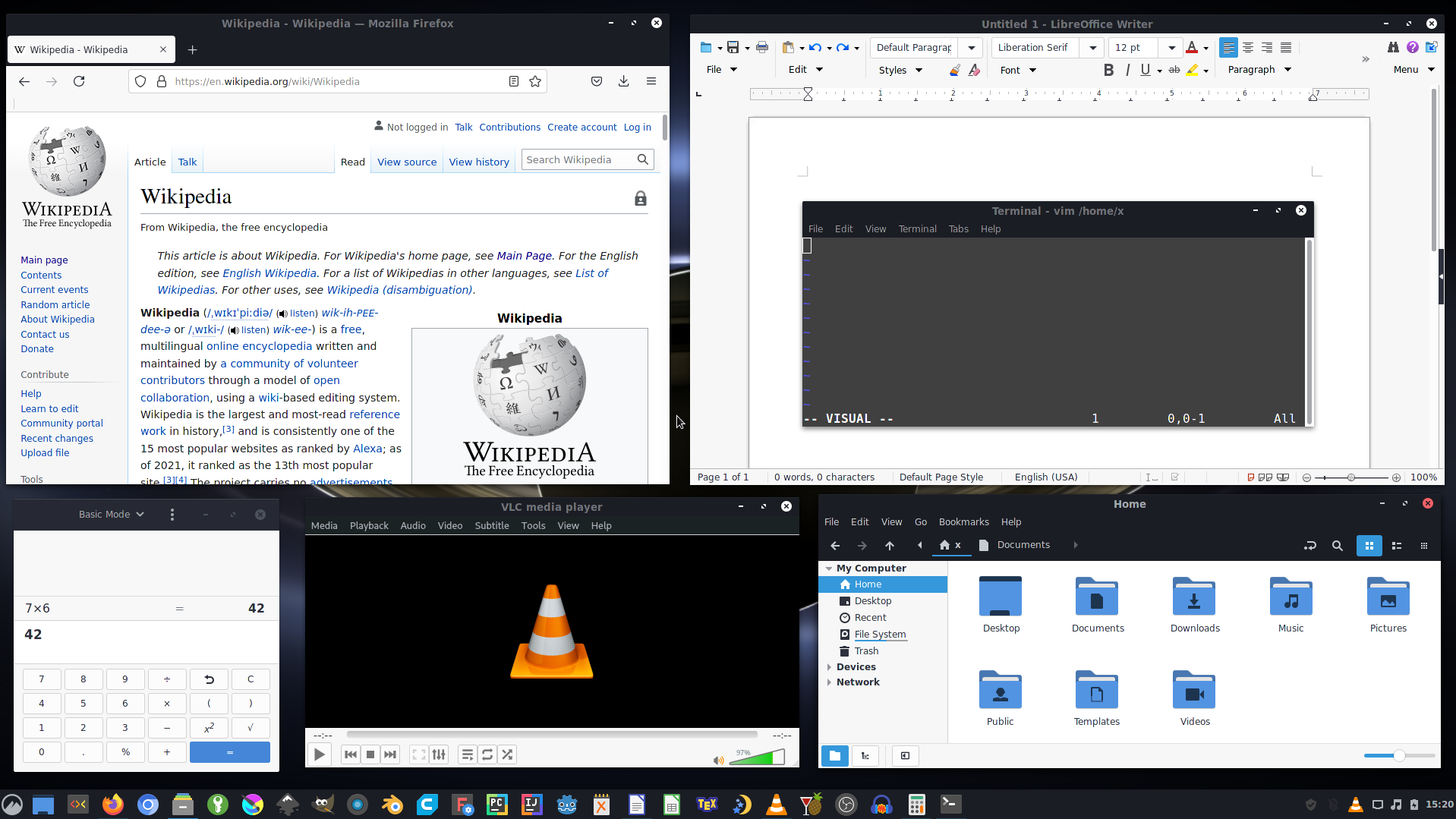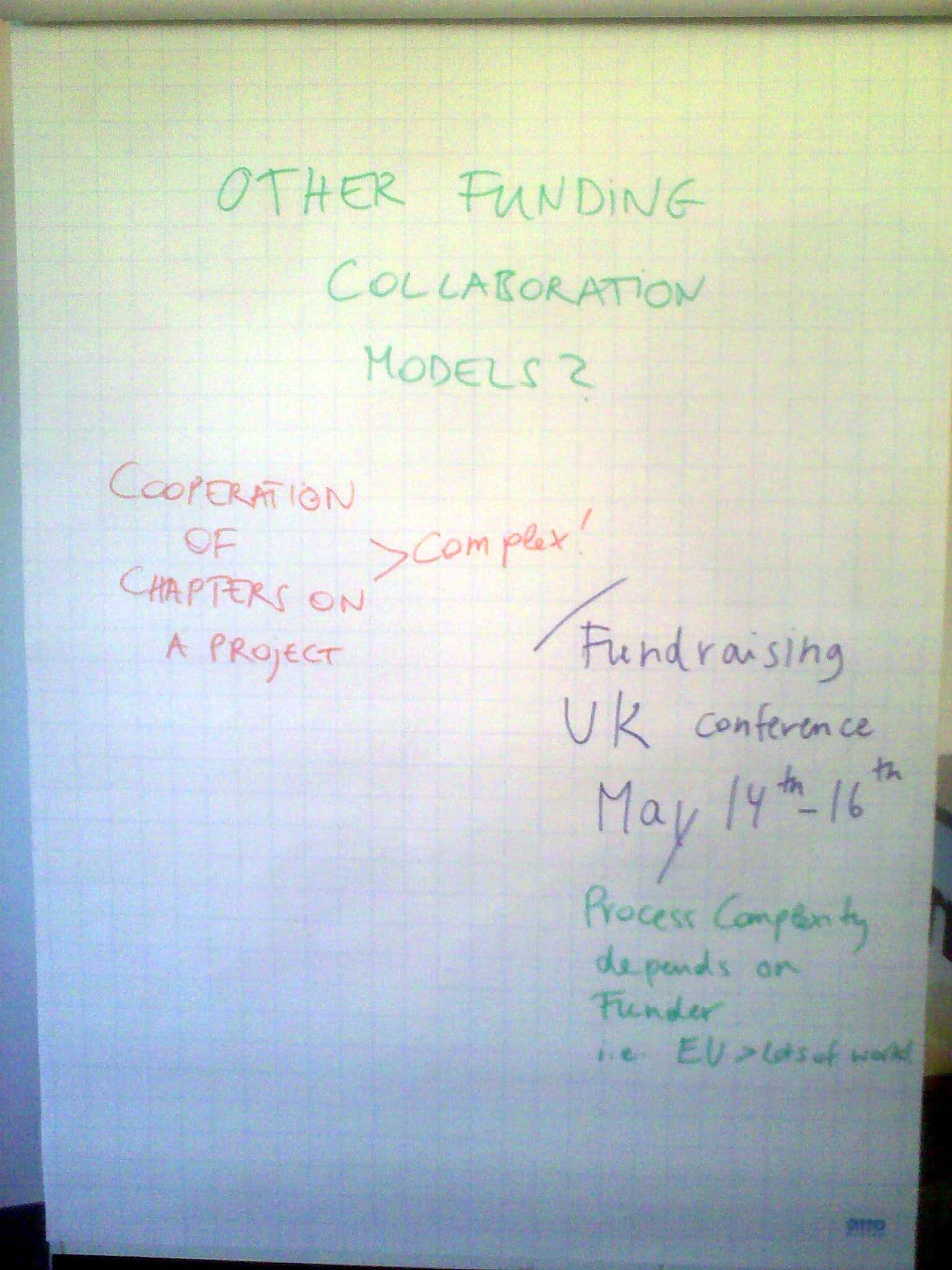We are excited to announce the launch of a dedicated fund aimed at providing financial assistance to Free/Libre and Open Source Software (FOSS/FLOSS) projects globally, with an annual commitment of $1 million. I will use the FOSS acronym in this post hereafter. This has been in the works for some time at Zerodha, where we have been developing financial technology products and services built on an ever-growing FOSS stack. Without the high-quality FOSS projects that we have freely downloaded and used to build our organisation, products, and services, we would not exist as we do today—free as in both cost and freedom. A significant portion of our success and growth is owed to FOSS, encompassing everything from programming languages to operating systems, to databases, web servers, frontend frameworks, productivity tools, code editors, and absolutely everything. It goes without saying that this holds true for nearly every technology company founded in the last decade, whether it is publicly acknowledged or not.
 The Growing Need for Financial Sustainability
The Growing Need for Financial Sustainability
Funding and financial sustainability have been increasingly hot topics over the last many years. Cloud companies have been making massive profits by repackaging FOSS projects built by hobbyists and communities. The rise of the "open core" model and recent license changes in many good open projects are clear signs of this growing turmoil. Many potential solutions are emerging, such as commercial services, Venture Capital (VC) funding, and programs like GitHub Sponsors, Open Collective, FUTO, Polar, and Buy me a coffee. However, the trend of Python libraries raising massive amounts of VC funding quickly does not seem healthy.

Image Description: A representation of open source software development.
 The Spirit of FOSS
The Spirit of FOSS
The fundamental tenets of FOSS—hacking, liberty, and reciprocity—have translated poorly into the highly commercial BigTech era. It has been nearly impossible to quantify and structure ideas of goodwill and reciprocity into financial sustenance for FOSS projects. The FLOSS/fund is about hacker goodwill, reciprocity, and common-sense business strategy. We invite you to apply for funding. If you would like to understand the motivations behind this, a bit of storytelling lies ahead.

 Zerodha's Journey with FOSS
Zerodha's Journey with FOSS
The journey began over a decade ago when Zerodha Tech was started. The first step was installing Python to automate mundane organizational tasks, followed by Postgres for building a small data warehouse, and PHP and WordPress for managing the website. As the organization grew, the technology stack expanded one piece of FOSS at a time, eventually leading to Zerodha becoming the largest stock broker in India. Over the years, Zerodha has contributed upstream to many projects and released several FOSS projects from their work.
In 2019, Zerodha made a sizeable investment in ERPNext, a FOSS ERP that they had begun using extensively. In 2020, they co-founded the FOSS United Foundation, which works on developing the FOSS ecosystem in India, and backed the creation of TinkerSpace, a physical hackerspace and community center that hosts FOSS tinkering for young people. In 2023, they were a founding member of OASIS (Open-Source Alliance for Social Innovation and Sustainability), focusing on FOSS capacity building and adoption in social sector non-profit organizations.
 The Need for a Structured Fund
The Need for a Structured Fund
The idea of a structured, dedicated fund for FOSS projects globally was born out of the need to provide financial support directly to invaluable FOSS projects. The fund will accept funding requests from projects through a publicly accessible funding.json file hosted on their repositories or websites. This file is meant to solicit interest and communicate enough to ensure discoverability, which would not be possible otherwise.

Image Description: Illustration of the funding process for open source projects.

 Motivations Behind the Fund
Motivations Behind the Fund
The motivations behind the fund are rooted in common sense, goodwill, and reciprocity—the spirit of FOSS. For a business that relies on FOSS, it makes perfect logical sense to support it, directly or indirectly, when they freely tap into a global ecosystem of unlimited FOSS innovation—free in both cost and freedom. Ensuring that this ecosystem thrives is good, logical business strategy. At the very least, a profitable business should allocate a tiny fraction of its profits to support the projects it is directly reliant on.
Remember these 3 key ideas for your startup:
- Leverage FOSS for Growth: Embrace the power of FOSS to build and scale your startup. By utilizing open source tools and technologies, you can reduce costs and accelerate development.
- Support the Ecosystem: As a startup benefiting from FOSS, consider giving back to the community. Supporting the projects you rely on ensures their sustainability and continued innovation.
- Adopt a Structured Approach: Implement a structured approach to funding and supporting FOSS projects. This not only benefits the projects but also strengthens your startup's relationship with the open source community.
Edworking is the best and smartest decision for SMEs and startups to be more productive. Edworking is a FREE superapp of productivity that includes all you need for work powered by AI in the same superapp, connecting Task Management, Docs, Chat, Videocall, and File Management. Save money today by not paying for Slack, Trello, Dropbox, Zoom, and Notion.
For more details, see the original source.






